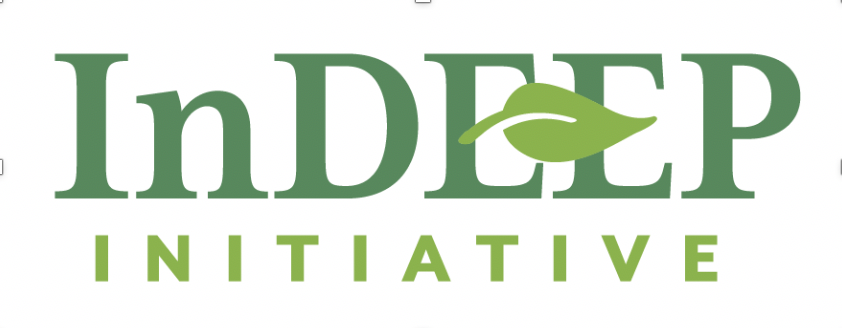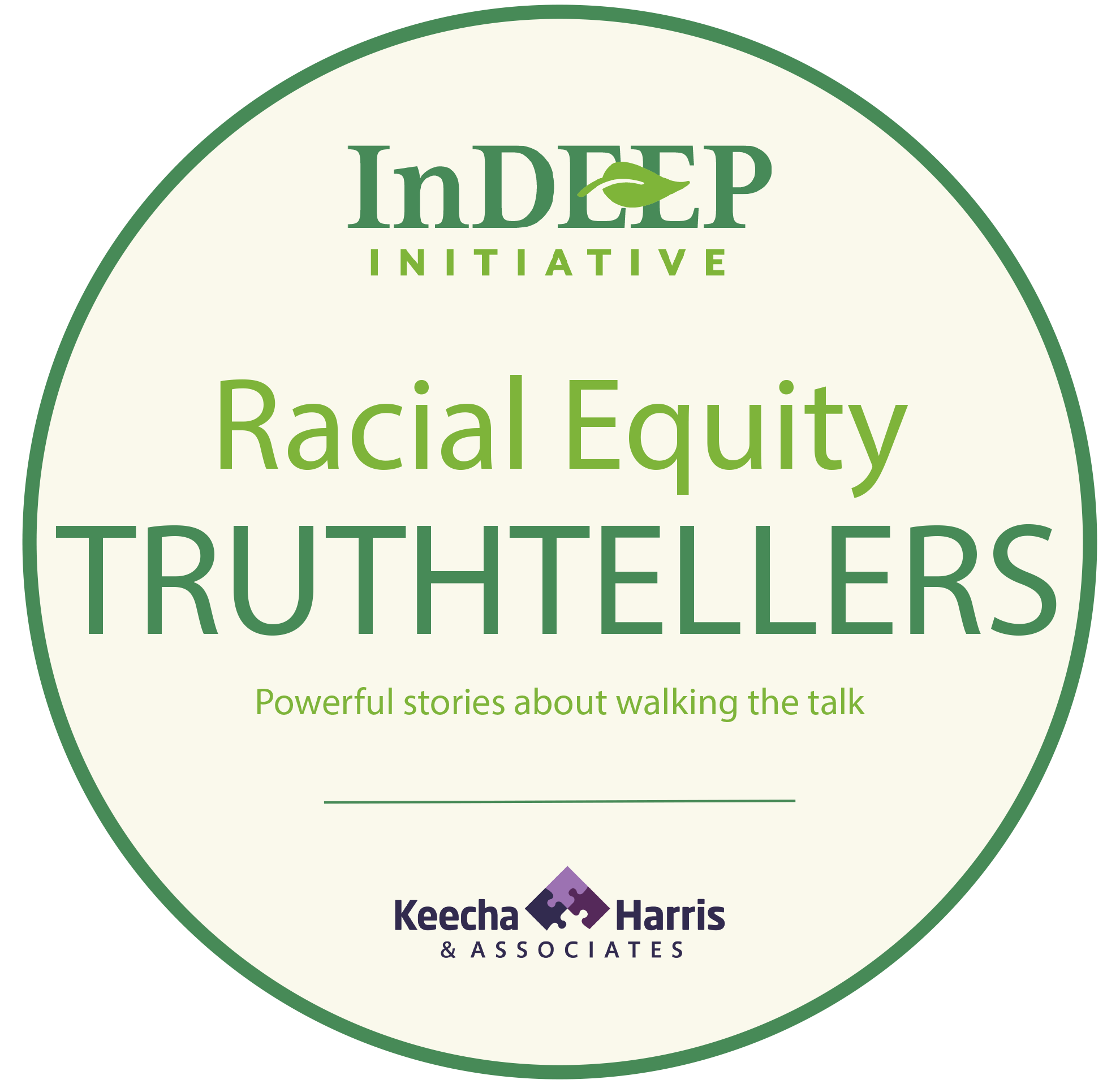Racial Equity Truthtellers: ‘I have a responsibility to address racial inequities’
For S. D. Bechtel, Jr. Foundation Senior Program Officer Marselle Alexander-Ozinskas, joining the first cohort of the Inclusion, Diversity, and Equity in Environmental Philanthropy (InDEEP) Initiative’s Embedding Equity Community of Practice (EECoP) was a natural next step in an ongoing journey to understand (and further) racial equity.
Alexander-Ozinskas wasn’t always attuned to how being a self-described “white person of privilege” affected her world view and the way the world interacted with her.
“I grew up learning to celebrate difference, but I didn’t understand the inequities that can come with it and was taught to treat people equally. I didn’t yet see the difference between equality and equity,” she said. “Even though I could see and feel that there were inequities based on race, I didn't understand how I was contributing to them or what I could do about it.”
Alexander-Ozinskas said it angers her that her education didn’t challenge her concept of race and equity in America. Her viewpoint has changed dramatically in recent years.
“I think that racial equity is, for me, the most important issue in America,” she said. “It permeates every aspect of our society and all of our cultural, social, and governmental institutions, all of our personal and interpersonal lives. Racial inequity is one of the most pernicious and pervasive challenges that we face.
“As a white person in America, I believe I have a responsibility to address racial inequities through everything I do in my personal and professional life.”
A passion for the environment, with a racial equity twist
Working in environmental philanthropy is a best-of-both-worlds scenario for Alexander-Ozinskas, because it allows her to pursue the work she’s passionate about in a field that’s ripe for change when it comes to diversity, equity, and inclusion.
Conversations around race aren’t necessarily new in the sector, but Alexander-Ozinskas said she has seen a shift in the past few years.
“The personal work I've been doing around racial equity has coincided with an increased focus on race in our national dialogue and across the full environmental field,” she said. “At the S. D. Bechtel, Jr. Foundation, a lot of our environment work has had equity underpinning, but in the past couple of years, racial equity has become a more explicit component of how we think about our work, and it's an explicit component of my grantmaking portfolio.”
So what does that actually look like at the foundation? Alexander-Ozinskas said her team dedicates time during their regular meetings to discuss diversity, equity, and inclusion and encourages each other to center racial equity in their work. The increased interest has led to some programmatic changes, too.
“As a spend-down Foundation with only 18 months remaining, building the racial equity capacity of our environment grantees is one of our final goals. We launched a diversity, equity, and inclusion cohort for seven of our grantees, who are sending their executive directors, a board member, and a third staff member of their choosing to participate in a total of 11 days of racial equity work,” she said. “They start with deep internal work and eventually emerge with racial equity actions plans for their organization. We plan to fund the first steps of those action plans.”
Alexander-Ozinskas sees progress in her own organization and in the sector but acknowledges there’s still a long way to go. She notes there is particular urgency for environmental grantmakers to get more resources to person-of-color led organizations.
White privilege and the desegregation of a sector
Marselle Alexander-Ozinskas is a senior program officer for the S.D. Bechtel, Jr. Foundation.
Participating in the InDEEP EECoP is one thing that has given Alexander-Ozinskas hope for the future of the sector. The EECoP gathers a cohort of peers from within the sector to discuss challenges and opportunities and come up with potential solutions to take back to their own organizations.
“There's a lot of power in joining a network with other environmental grantmakers and building in accountability to each other around how we work to advance racial equity,” she said. “The combination of personal learning about our individual relationships to race and white supremacy and understanding the systemic and institutional components of race equity in our sector is important, too.”
Alexandar-Ozinskas said she hopes more grantmakers in the sector will come to understand the importance of racial equity in their work. She said her advice to anyone starting on the journey is to start by deeply examining their own identity, their beliefs about people who don’t look like them, and the advantages they’ve had in their own lives simply because of the way they look.
She also encourages white grantmakers to take ownership of their own learning journey and not rely on people of color to educate them.
“Pursuing racial equity must be more than an intellectual effort,” she said. “It’s important for me to be guided by my humanity and empathy and to cultivate a deep understanding of what whiteness is and what privileges that has afforded me in my life at the expense of others. This is lifelong work and I’m still getting started.”
Alexander-Ozinskas said she hopes to see an environmental movement that’s desegregated, with larger, more mainstream organizations onboard and more resources distributed to community- and person-of-color-led organizations.
Those are hopes for the future, but for now, Alexander-Ozinskas feels confident that she’s where she needs to be, doing what she should be doing, and she plans to continue learning, growing, and pushing for change where it’s needed.
“I've been given a gift, which is the chance to improve myself so that I'm using my privilege to have a more positive impact on other people,” she said. “I would say that's a powerful way that my life is different, is that my racial equity journey has increased my sense of purpose, and I have the opportunity to do better and be better.”
The Racial Equity Truth Tellers Series is a collection of stories, curated by KHA, centered on the racial equity journeys of InDEEP program participants and other influencers in philanthropy.


